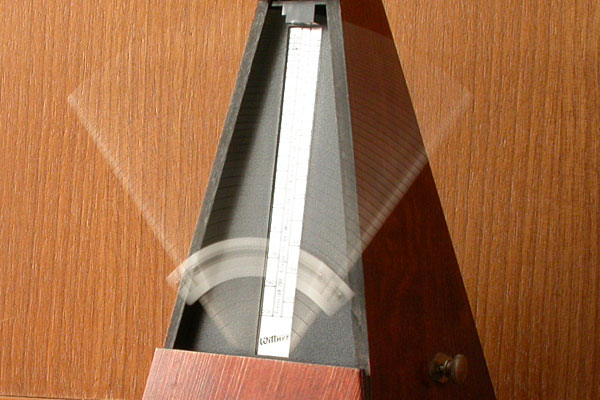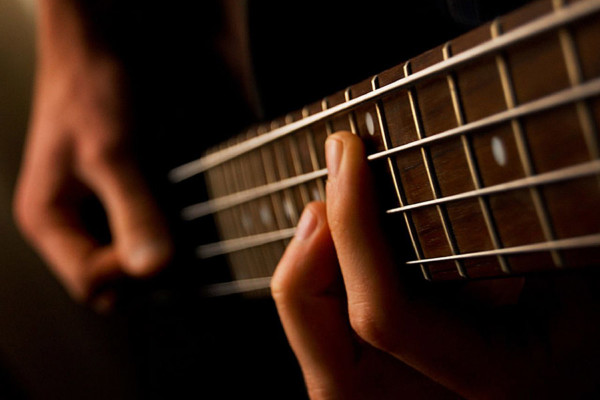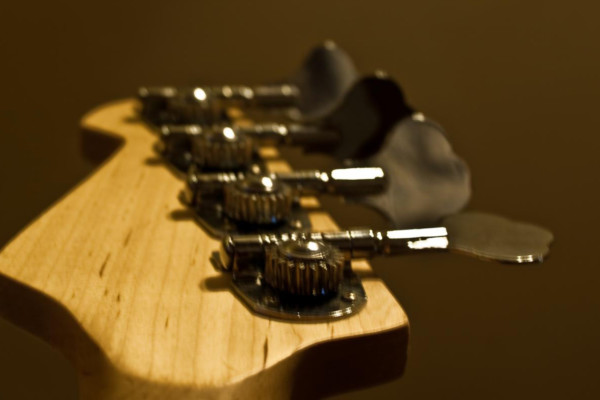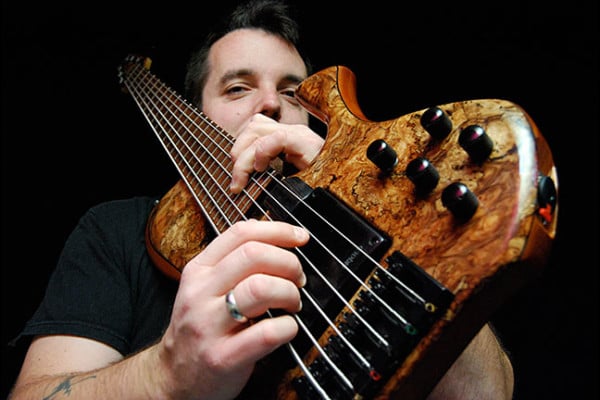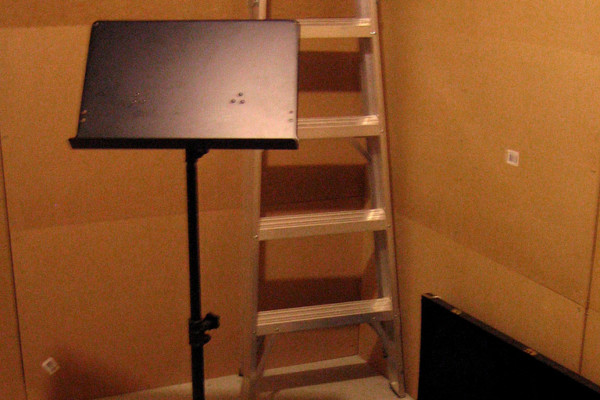Practicing Archives - Page 5
The Lightbulb Moment: Man VS Metronome
Scales, scales, scales. Why does my teacher always make me play scales? If I have to play the C Major scale one more time, I think I’ll puke. And with a metronome? Why can’t I just learn songs and jam with my friends? Ah, the war between playing and practicing. I know this battlefield well; the metronome is always outnumbered...
Adding Some New School Playing to an Old School Bassist
Q: I’ve been playing a certain way or style (as in thump, pop or blues) for as long as I can remember. Today’s bass players tend to play a lot – it seems way busier. What do you recommend for an old school bassist who wants to update to today’s styles so it sticks? A: That is an interesting question...
Turning Exercises into Real Music
Q: I’ve been studying for a while now, and I’ve been practicing my scales and modes as much as possible over changes. I’ve also been working through arpeggios, including the methods you talk about in your Improvisor’s Path book. For example, I’ll work arpeggios through tunes in different inversions and so on. However, when I go to solo freely over...
Practicing vs. Performing for Musical Growth
Q: I’ve been playing the bass in a blues band for two years. Then we started playing rock and funk songs, and my practicing has always been based on what I hear and what I feel. I don’t really count in my head, and I’ve hardly worked my scales but my band keeps telling me that what I play is...
Increasing Concentration for Focused Practice and Performance
Q: I play at a semi-professional level. I work a regular 9-to 5-job and play in the evenings. I am lucky enough that I get a few hours every evening to just shed and work on my playing and lately I’ve been doing a lot of classical etudes to work on technique and maintain my reading chops. My question is...
Creating Tasteful Bass Lines
Q: I’d like to know what your thoughts are on the subtle art of variation within bass lines; the where’s and whys, and indeed, the where nots and the why nots. I believe that this kind of understanding is one of the key factors separating good bass players from great ones. I know for myself, I seem to have two...
The Lightbulb Moment: You Make It Look Easy
“Are you ready for bed?” “Yes, mom.” “Did you pick out a book to read?” “Yes!” “Did you brush your teeth?” “Ye-es” (with a slightly sarcastic tone). Twenty-odd years later and I’m still brushing my teeth, as I’m likely to do for another twenty years, and hopefully another twenty after that. Needless to say, I’m well practiced in the art...
The Importance of Cooling Down After Playing
Most musicians are aware of the importance of warming up. Warming up properly helps to prevent injuries, and increases our ease of play. It can even help solidify our technique and ensure we play at our best that day. Fewer musicians, however, seem aware of the benefits of cooling down. Playing the bass for hours on end can be physically...
Exploring Practice with Non-Standard Bass Tunings
Q: I know some pros play using non-standard tuning (drop D, DADG, D standard DGCF, semitone E?A?D?G?, etc.), and I read somewhere that practice with other tunings can be good to help think in terms of the notes rather than finger patterns. What is your take? Is it a good idea to practice using non-standard tunings? A: Non-standard tunings are...
Improving Your Musical Ears
Being a musician requires a great number of skills. However, the aural component is by far the most prevalent. So, to perform at the highest levels, we must have good listening skills. Ultimately we need to hear, and understand, exactly what is happening around us. Only when we can do this can we respond in our most communicative and artistic...
Reader Question Roundup: Legato Playing, Short Practice Schedules and Playing Complex Music
I’m sitting in my hotel room in Lincoln, Nebraska and sifting through my file with all the questions submitted by readers I have yet to answer. Three of them were short enough to put together a “reader question roundup”. I thought this would be a nice change of pace – and one that would allow me to answer important questions...
Improving Practice: 4 Pitfalls to Avoid in the Practice Room
We learn and grow musically from a variety of sources. Teachers, performances, fellow musicians, etc. all play a role in our progress, but our most direct improvement comes from our time in the practice room. That’s why spending time practicing each day is so important. Sometimes, however, even when are putting in time daily, we don’t see results. There can...
